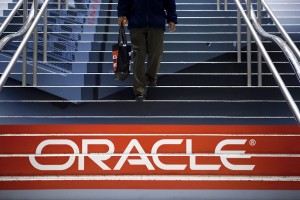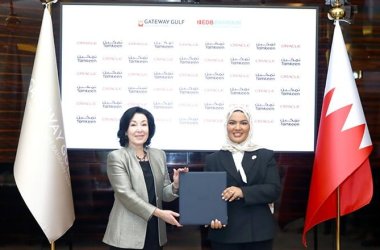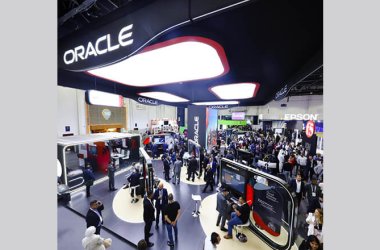Oracle is finding itself caught up in another Java-related patent lawsuit, but this time it’s the one getting sued.
Java middleware vendor Thought filed suit against Oracle on Oct. 31, claiming that WebLogic Server and other Oracle products infringe at a “massive scale” on a number of patents it holds.
Using the open-source Java programming language, Thought created a “middleware mapping layer for saving object and table information and greatly simplified the task of persisting data,” according to its complaint, which was filed in U.S. District Court for the Northern District of California. Oracle gained control of Java through the acquisition of Sun Microsystems.
Thought incorporated the technology into its CocoBase product, which was released in 1997 and since has been “licensed widely to numerous customers and partners over the years,” the complaint adds.
Between October 1997 and February 2004, 28 requests for an evaluation version of CocoBase were received from email addresses connected with Oracle domain names, the complaint states. From September 1997 to June 2003, Thought also received 118 evaluation copy requests from email addresses with domain names associated with Sun Microsystems, it adds.
On May 2, 2002, Thought founder Ward Mullins emailed Oracle middleware executive Ted Farrell, the complaint states. Mullins “identified certain technologies covered by Thought’s current and then-pending patent rights so that Oracle would not ‘accidentally violate [Thought’s] intellectual property.'”
The complaint also refers to an August 2003 email sent by Thought employee Dan Wilson to Craig Russell, then of Sun and now an Oracle employee. In the email, Wilson “declined an invitation from Russell to participate in a conference to develop a new Java Data Objects specification, called JDO2,” the complaint states. “Wilson declined to participate due to potential adverse effects on Thought’s patent and pending patent rights.”
“Wilson did suggest that Russell and the Sun technology licensing committee review the CocoBase solution to further understand Thought’s views of the proper changes to the Java Data Objects specification,” it adds. “Wilson also noted that if JDO2 incorporated Thought’s patent-protected technology, Thought would enter into negotiations with Sun and others to discuss an appropriate license fee.”
However, CocoBase’s “architecture and patented technology were incorporated into the JSR 220: Enterprise JavaBeansTM, version 3.0 specification of the Java Persistence API” in May 2006, and without Thought’s consent, according to the complaint.
Oracle has been willfully infringing on Thought’s intellectual property “on a massive scale,” the complaint states. Infringing products include Oracle WebLogic Server version 10.3.0 and later; Oracle TopLink version 10.1.3.5 and later; and all versions of Glassfish Server, among others, it states.
The plaintiffs are asking for an injunction against Oracle as well as unspecified compensatory damages.
An Oracle spokeswoman declined to comment on Thought’s allegations on Wednesday.
It’s not likely the case will receive as much attention as Oracle’s lawsuit against Google over alleged Java patent and copyright violations in the Android mobile OS, which has captivated the tech industry for the past couple of years. Google largely prevailed in the case but Oracle is appealing.






